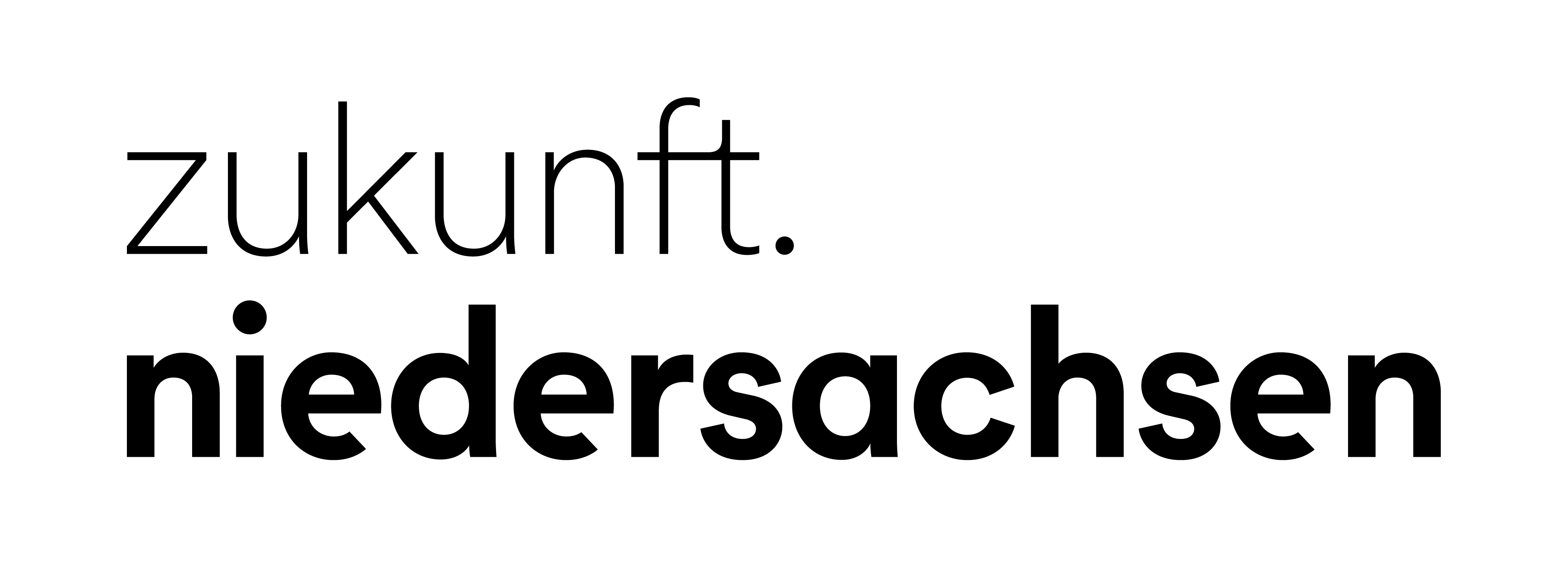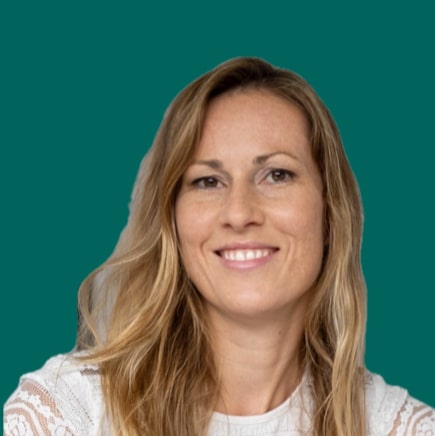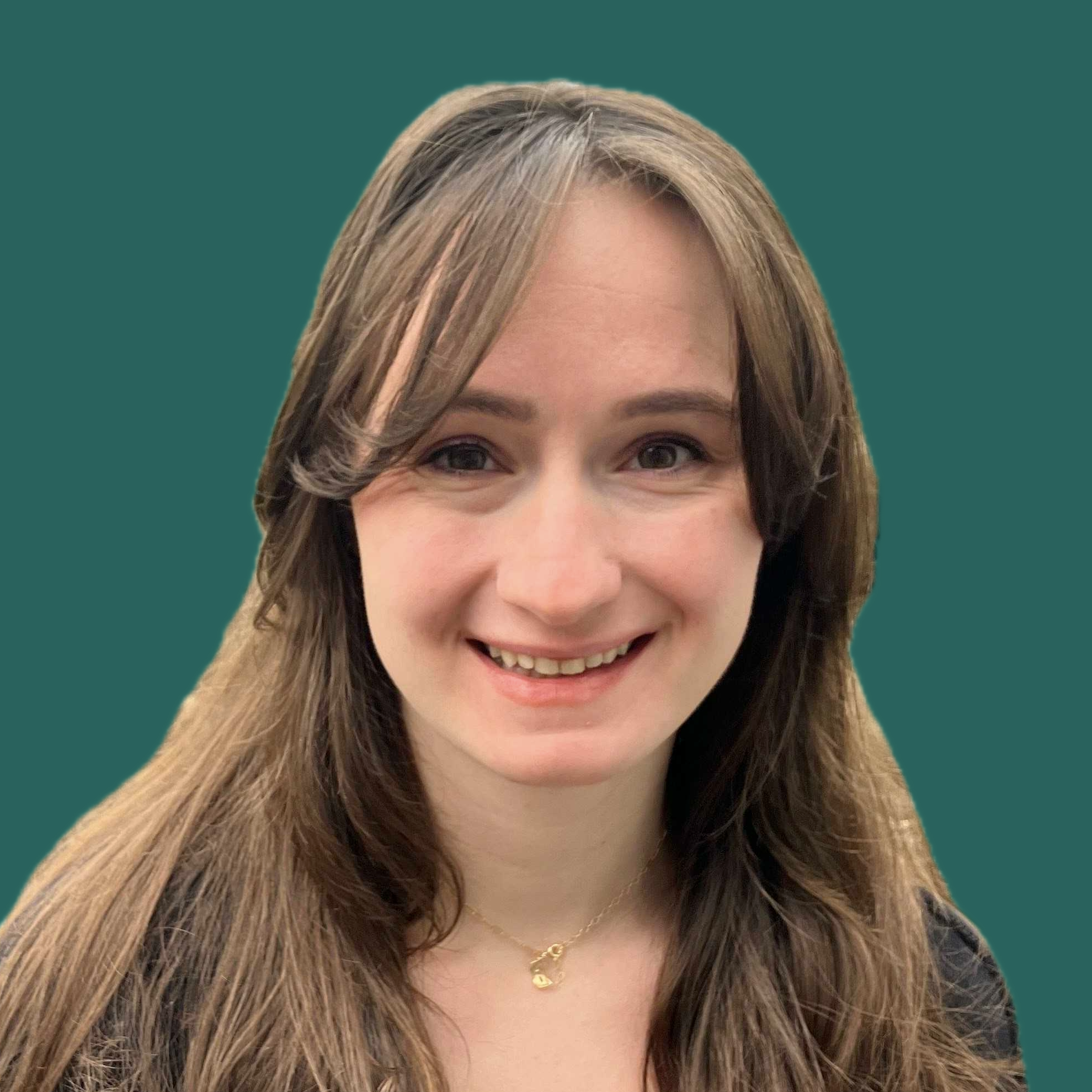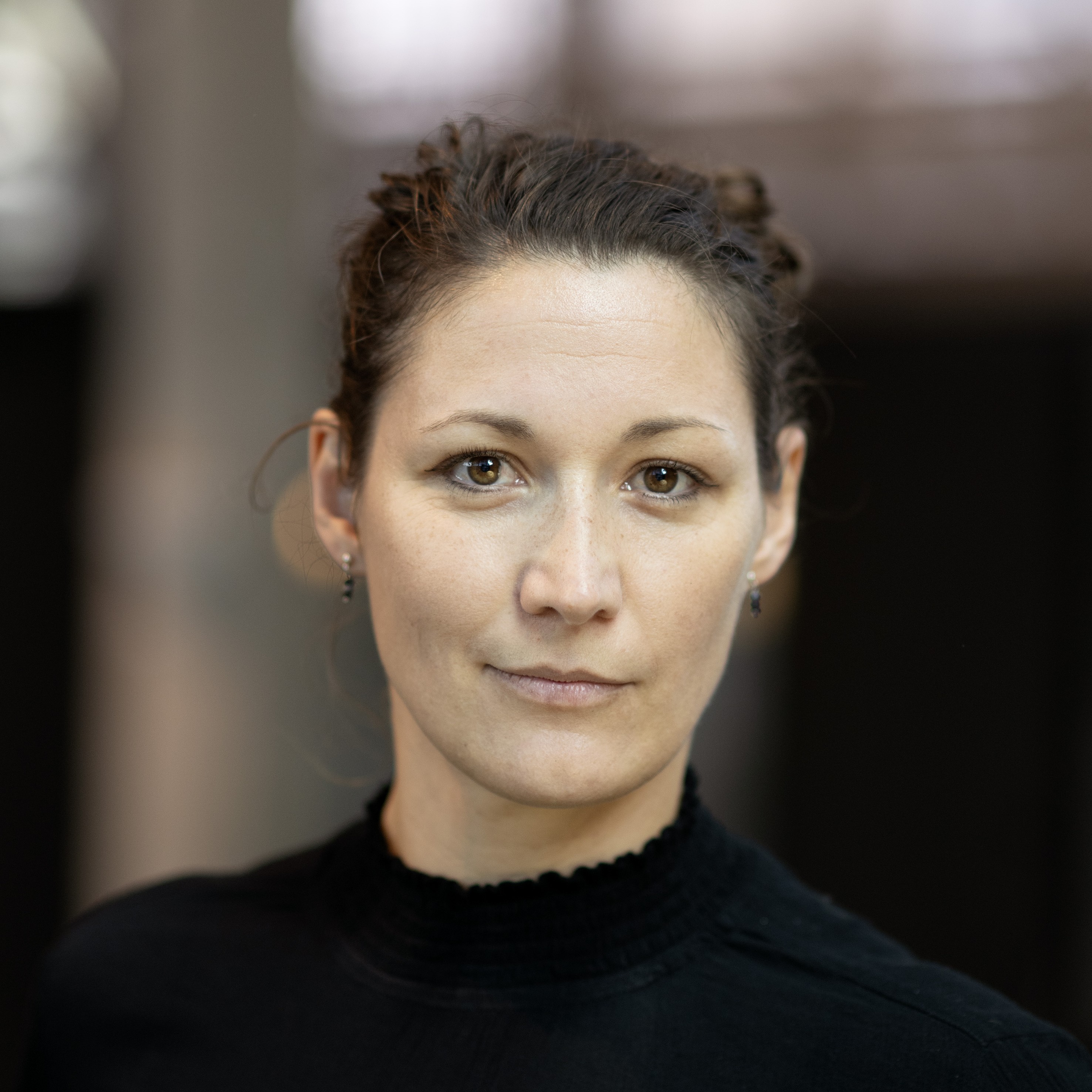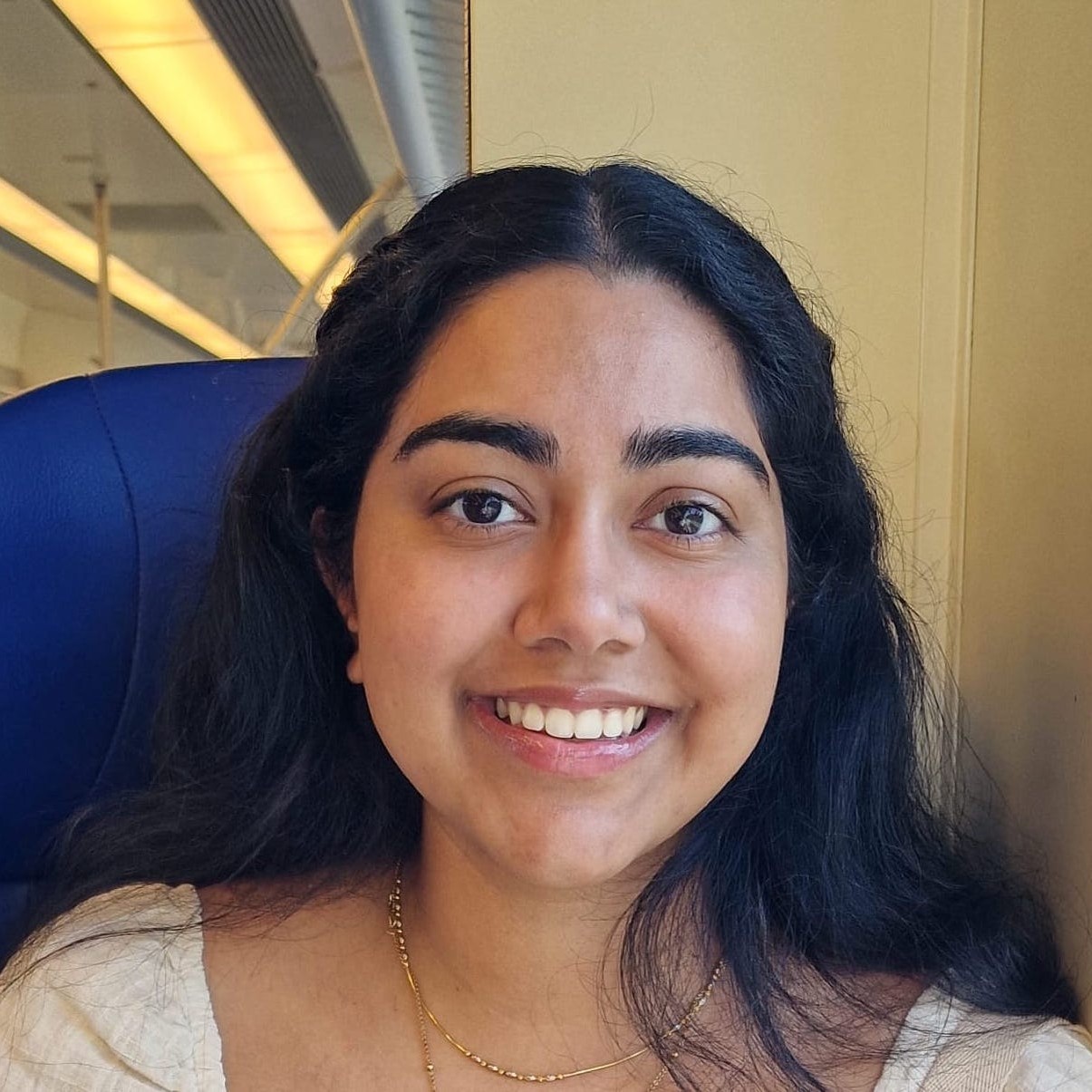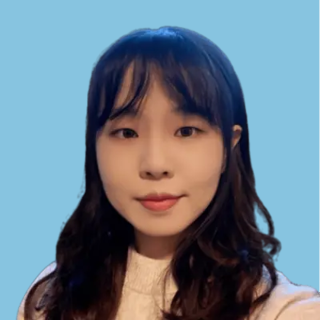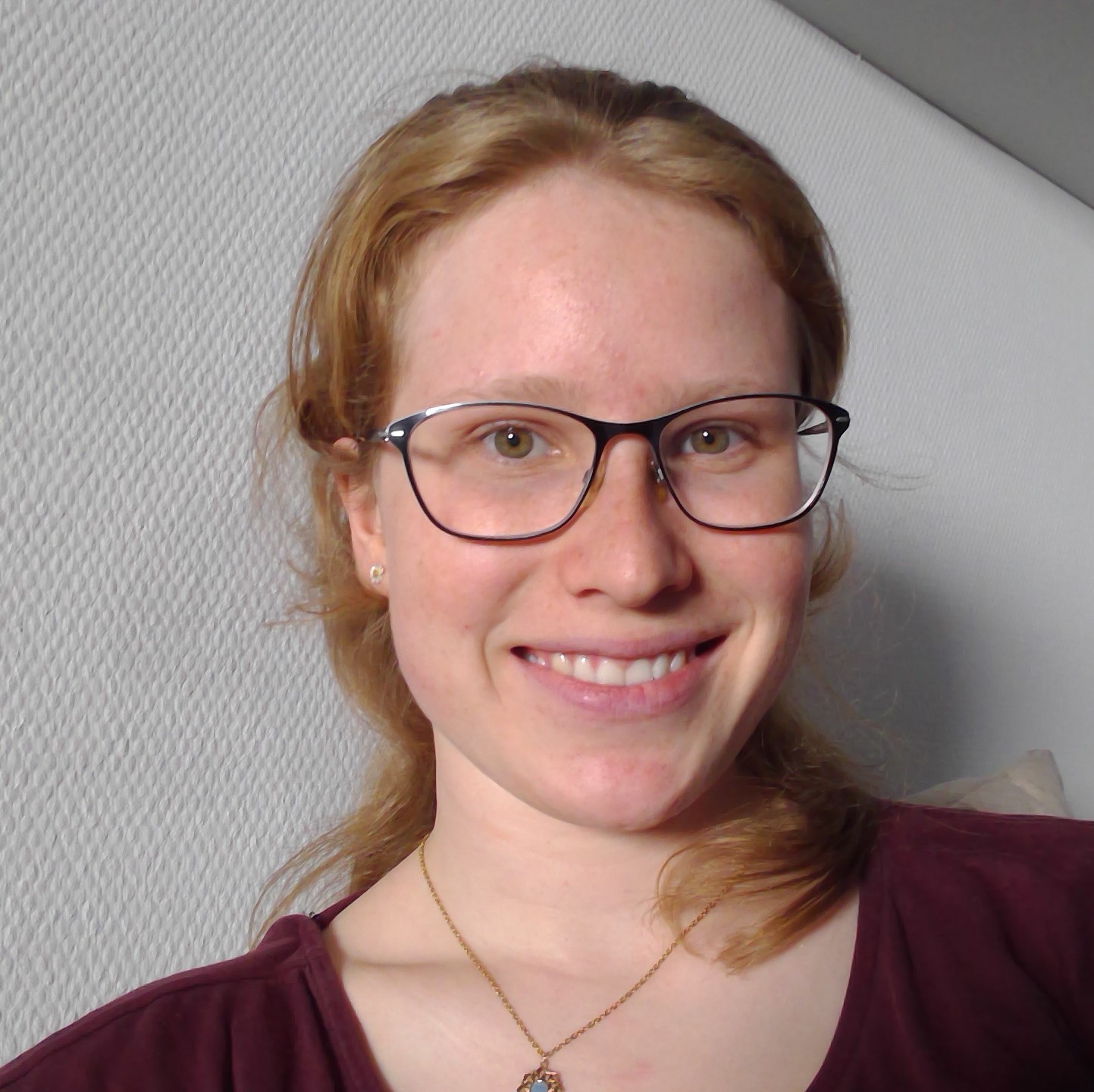Motivation
Linguistic diversity is one of the fundamental rights of the European Union and we are optimistic that cross-lingual AI models can play an important role in facilitating it. Cross-lingual models based on neural networks are trained on terabytes of data and have recently reached large performance gains. As the computationally expensive training of such models can only be afforded by large companies, the evaluation of cross-lingual models is driven by commercial incentives and focuses on the average quantitative performance across more than a hundred languages. The intricacies of application scenarios for low-resource languages or economically insignificant purposes are largely being overlooked and individual differences between users are underestimated. When we want to use cross-lingual models for human-centered scenarios such as cognitive modeling, language education, or use cases in the digital humanities, we quickly encounter their limitations.
In this workshop, we want to bring together leading scholars from linguistics, cognitive science, and computer science to develop a more diverse and human-centered perspective on cross-lingual models. We want to integrate typological theories about differences between language families, cognitive models of multilingual processing, and computational approaches toward increasing diversity in language technology.
Important Details & Registration
Start: 🕒 Monday, March 16th, 2026, 1.30pm
End: 🕒 Tuesday, March 17th, 2026, 4pm
Where: 📍 Historische Sternwarte in Göttingen (Google Maps)
Participation in the workshop is free of charge but the number of participants is limited.
Please register using the form at the bottom of this page.
Keynote Speakers
We proudly announce our two expert speakers for 2026:
Program
Monday, March 16, 2026
| 13:30 - 13:45 | Lisa Beinborn: Opening |
| 13:45 - 14:45 | Terra Blevins: Breaking the Curse of Multilinguality |
| 14:45 - 15:00 | Social Clustering |
| 15:00 - 15:30 | Sina Zarrieß and Bastian Bunzeck: Towards Communicative BabyLMs |
| 15:30 - 16:00 | Coffee Break |
| 16:00 - 16:30 | Project Ideas |
| 16:30 - 18:00 | Poster Session |
Tuesday, March 17, 2026
| 08:30 - 09:00 | Walk-in Coffee ☕ |
| 09:00 - 10:00 | Tessa Verhoef: Emergent Linguistic Structure in Agent Communication |
| 10:00 - 10:30 | Rochelle Choenni: The Trade-Off between Multilinguality and Sparsification |
| 10:30 - 10:45 | Coffee Break + Group Formation |
| 10:45 - 12:00 | Group Work Session 1: Finding Common Ground |
| 12:00 - 13:00 | Lunch 🍽 |
| 13:00 - 13:30 | Lukas Galke Poech: Isolating Culture Neurons in Multilingual LLMs |
| 13:30 - 14:15 | Group Work Session 2: Preparing Pitches |
| 14:15 - 14:50 | Pitch Voting |
| 14:50 - 15:00 | Closing Remarks |
Posters
- Bastian Bunzeck: Constructing a Language Model’s Language
- Anna Bondar: AlEYEgnment: Leveraging Eye-Tracking-while-Reading to Align Language Models with Human Preferences
- Przemek Kubiak: Biologically Informed Refinement of Attention Heads
- Jonas Mayer Martins: Interaction of Typology and Learnability
- Wessel Poelman: Form and Meaning in Intrinsic Multilingual Evaluations
- Sina Zarrieß: Modeling Linguistic Creativity
- Lukas Galke Poech: Isolating Culture Neurons in Multilingual Large Language Models
- Milena Belosevic: Testing Multilingual Models on German Political Cartoons
- Andreas Säuberli: Controlling Reading Ease with Gaze-Guided Text Generation
- Zrinka Kolakovic: Testing the Limits of AI in Annotating Contrast in Croatian
- Edyta Jurkiewicz-Rohrbacher: Testing the Syntactic Competence of Large Language Models with a Translation Task
- Cristina Garcia Holgado: Computational Modeling of Linguistic Variation in Non-Standardized Languages
- Lily Goulder and Aoife O’Driscoll: Detecting L1 transfer in bilingual language models: A human-centric approach
- Marianne de Heer Kloots: Characterizing Context Effects in Neural Representations of Speech
- Zhuojing Huang: From Vocabulary Expansion to Syntax Adaptation: Examining Transfer Dynamics in Bilingual Models
- Yana Veitsman: Why Better Cross-Lingual Alignment Fails for Better Cross-Lingual Transfer: Case of Encoders
- Urja Khuarana: TBD
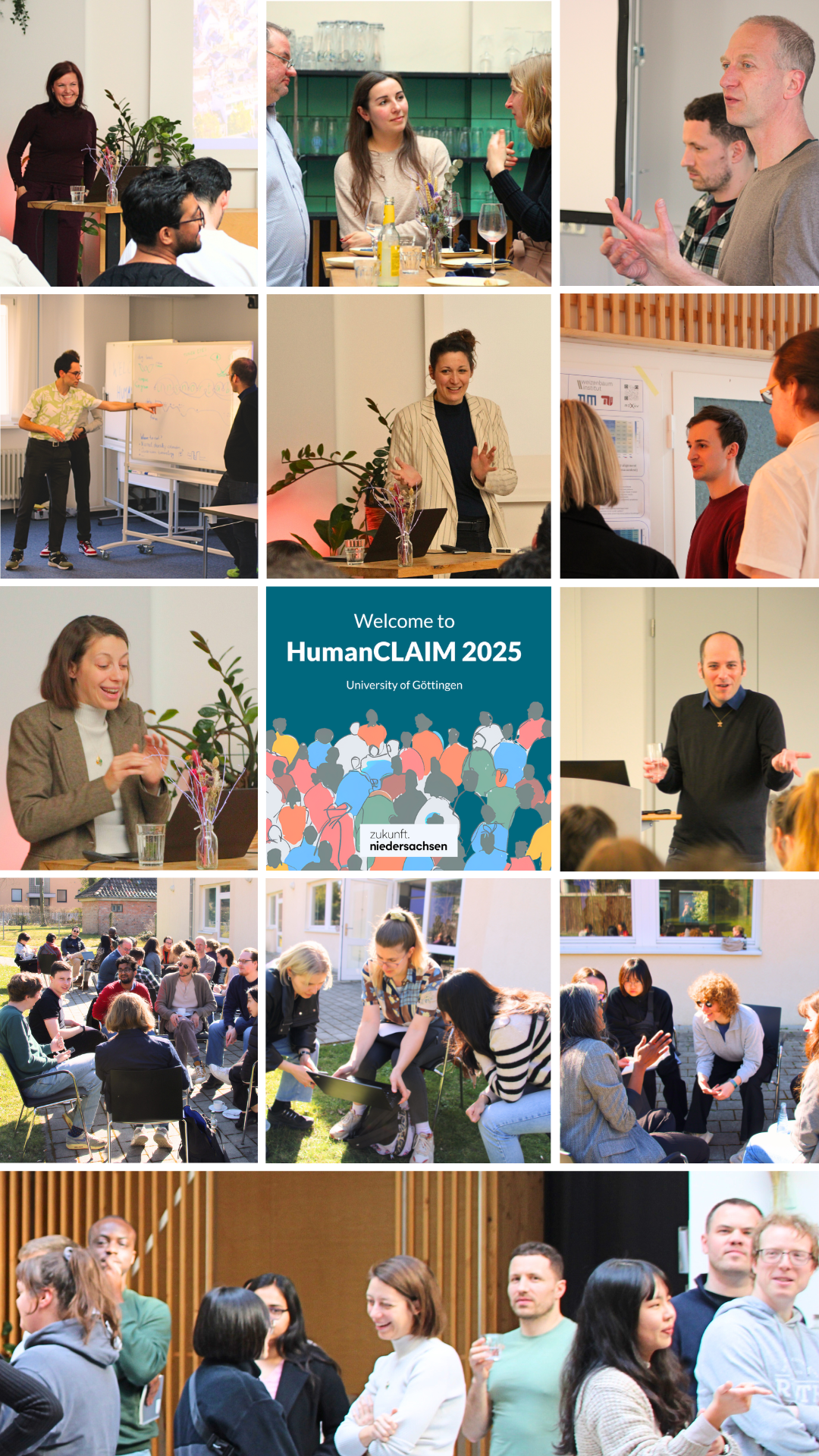
Organization Committee
Contact
If you have questions about the program, you can reach the organizers via humanclaim-organizers@googlegroups.com.
If you are interested in humanclaim and want to stay informed about the event, send a request to join our google group at https://groups.google.com/g/humanclaim/.
Curious about previous editions? Visit the websites for HumanCLAIM 2025 and HumanCLAIM 2024.
Funding
The workshop is funded by zukunft.niedersachsen, the joint science funding program of the Lower Saxony Ministry of Science and Culture and the Volkswagen Foundation.
